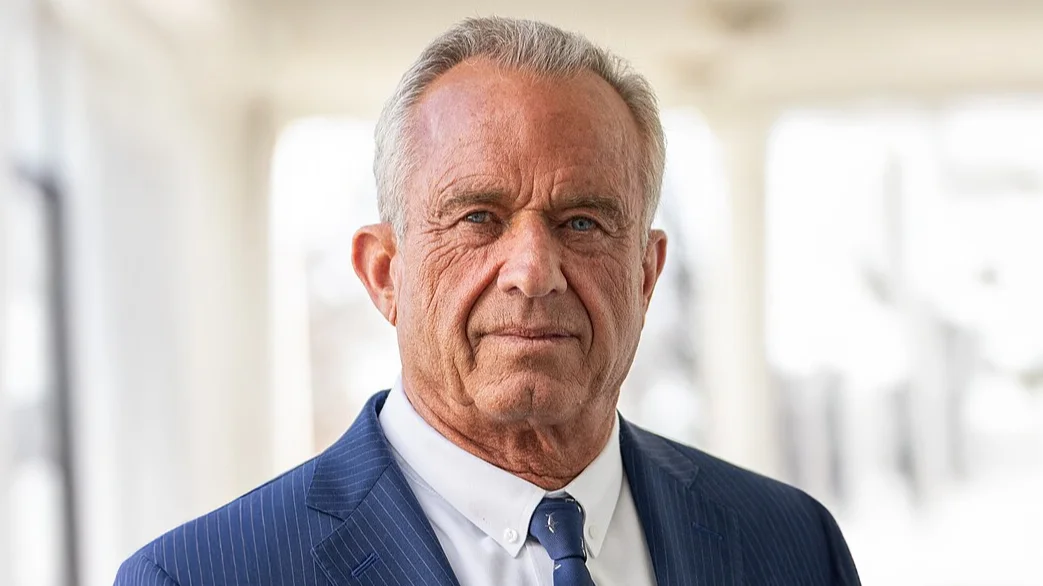The U.S. Food and Drug Administration (FDA) has announced new measures aimed at making the development of biosimilar medicines faster and less expensive. Biosimilars are lower-cost alternatives to biologic drugs, which are used to treat serious and chronic illnesses.
A new draft guidance from the FDA proposes updates that would simplify biosimilarity studies and reduce unnecessary clinical testing for developers. The agency is also working on a separate initiative to make it easier for biosimilars to be developed as interchangeable with brand-name biologics, which could give patients and pharmacists more affordable choices.
Biologic medications account for only 5% of prescriptions in the United States but represent 51% of total drug spending as of 2024. Although FDA-approved biosimilars are considered as safe and effective as their branded counterparts, they currently hold less than 20% of the market share. To date, the FDA has approved 76 biosimilars—a small number compared to over 30,000 approved generic drugs in the country. Only about one-tenth of biologic drugs expected to lose patent protection in the next decade have a biosimilar in development.
“Today’s announcement of biosimilar reform furthers President Trump’s directive to lower drug prices for the American people,” said Health and Human Services Secretary Robert F. Kennedy Jr. “Biologics treat many chronic diseases, but for too long, a burdensome approval process has kept patients from accessing more affordable biosimilars. This bold action by the FDA accelerates biosimilar development, drives market competition, expands patient options, and advances our mission to Make America Healthy Again.”
“Biosimilars are often far more affordable to patients and have the promise to significantly lower health care costs in America,” said FDA Commissioner Marty Makary, M.D., M.P.H. “By streamlining the biosimilar development process and helping advance interchangeability, we can achieve massive cost reductions for advanced treatments for cancer, autoimmune diseases, and rare disorders affecting millions of Americans.”
“Science continues to evolve, and the FDA remains committed to advancing common-sense policies that further promote efficient and effective biosimilar and interchangeable biosimilar development, without compromising safety and effectiveness,” said George Tidmarsh, M.D., Ph.D., Director of the FDA Center for Drug Evaluation and Research.
The updated draft guidance—titled “Scientific Considerations in Demonstrating Biosimilarity to a Reference Product: Updated Recommendations for Assessing the Need for Comparative Efficacy Studies”—draws on data collected since approval of the first U.S. biosimilar in 2015. Comparative efficacy studies typically take one to three years and cost an average of $24 million but often provide less useful information than other analytical assessments. The new guidance will reduce requirements for these resource-intensive studies by allowing developers instead to rely on analytical testing when demonstrating product differences.
Currently, some developers conduct "switching studies" when seeking licensure as interchangeable products—a step not required for generic drugs—which can delay approvals and cause confusion about safety. The FDA now generally does not recommend these additional switching studies.
Congress established an approval pathway for biosimilars through the Biologics Price Competition and Innovation Act (BPCIA) in 2010 with a goal of increasing competition among high-cost biologic medicines. Since then, approved biosimilars have provided more treatment options for conditions such as cancer, rheumatoid arthritis, diabetes, Crohn’s disease, and osteoporosis.
With these changes announced today, federal officials hope that more companies will bring affordable biosimilars to market—ultimately reducing drug costs across America.





